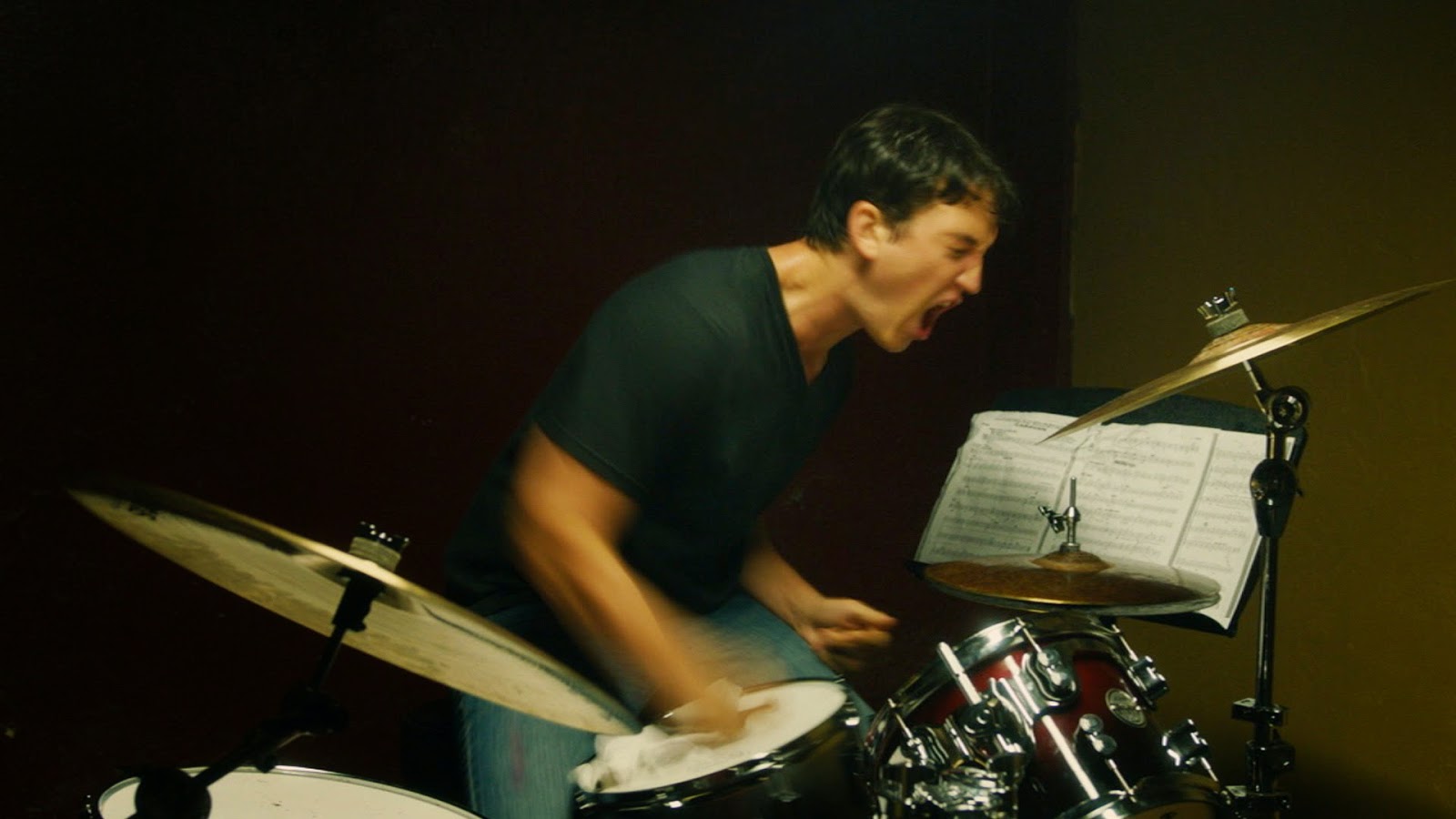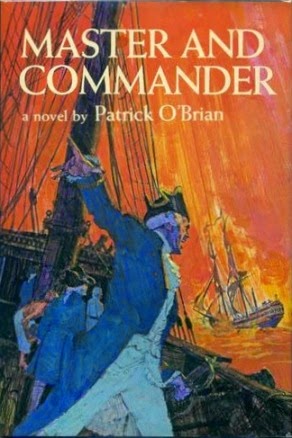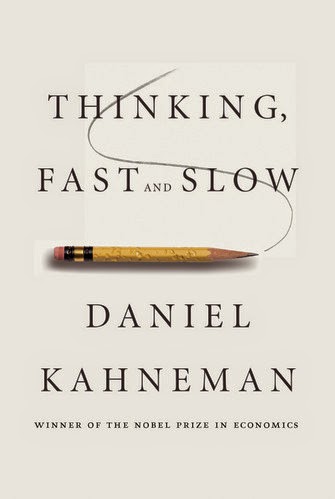Whiplash follows Andrew Neimann, a first-year jazz drummer at the fictional Sheffield Music Conservatory in New York, the best in the country. Apart from going to movies occasionally with his dad, Andrew spends all his time practicing and playing jazz drums. When he gets noticed by Fletcher, the director of the school's top ensemble (an Oscar-winning performance by JK Simmons), he think's he's finally made it. Then Fletcher hurls a chair at his head and verbally abuses him to the point of tears. He's in the big leagues now.
Maybe it's because I had a taste for how nasty it was going to get, but I was just wiggling with anxiety, half anticipating/half dreading when the shoe would drop. And once it does for the first time you just never know when it's going to hit again. JK Simmon's performance is just gnarly and intense. He plays a man with a single-minded, unbending vision: create truly great jazz musicians, no matter the cost. For him, this means pushing them to the brink of their own destruction. The ends justify the means. He makes the tiger mom look like a cuddly kitten. At one point he pits three drummers against each other for hours on end. He dismisses the rest of the band while the three battle it out one after another and you can see Fletcher is in his element, relishing the opportunity to just dig in, give in to his rage, and make them suffer it out. Andrew plays until his hands are bleeding. This movie has more sweat and blood-stained drum sets then a Tool concert.
Scenes of endless practicing on his own and the abuse-ridden ensemble rehearsals are offset in the first couple of acts of the story with pieces forming Andrew's personal life. His dad raised him mostly as a single father. There's a cute girl named Nicole he asks out that works at a movie theater. As his prominence at school increases he explains to her and to his family that he doesn't need friends and that being in a relationship will only hold him back from being one of the greats. He knows that it takes sacrifice to become one of the great jazz artists of all time like Charlie Parker. He's willing to do whatever it takes and explicitly states this.
Writer/Director Damian Chazelle (who just turned 30) reportedly based the movie on his own experience dealing with an overbearing band teacher in high school. I did band all through school and even had a teacher that had some mildly-similar elements. (Also, did I mention the director completed this movie by the time he was 29?!? So impressive.) Fletcher's character is certainly extreme, with some complaining that it is unrealistically so, but it is brilliantly carried out. Yeah, we know that life as a jazz student isn't' exactly like this - so what? Keep watch for when he takes off his jacket, usually a sign he's doing what he thinks is his most important work. Miles Teller's performance of Andrew show's great range as well as his character transitions from a young hopeful pup to a cocky upstart, then a broken down hound dog and finally an experienced wolf that, although not a master, has a couple of lessons under his belt. Now that he's been through the first few bumps he's more dedicated then ever.
The movie really asks two questions: What does it really take to achieve greatness? And then the follow up, is it worth it? The final act is exhilarating, jump-out-of-your-seat kind of stuff. I do like jazz, especially the type in this movie. But I think even if you know nothing and care nothing for jazz, the performances, the visuals, the editing, and the resulting energy and dynamics of the final scenes will get anyone going. Even as you see the relationship between Andrew and Fletcher change and then change again during an extended musical sequence, you never know right till the last moment how it's going to end and what it means. And even then the movie still leaves it up to the viewer's interpretation. Maybe the answers that you think the movie is giving to those questions says more about you than about the movie.
Once you've seen the ending I think you'll agree that it was nail-bitingly fun. I thought it was more exciting and nervous-laughter-inducing, anxiety-driven fun than any great thriller can provide. Those final 15 minutes, with almost no spoken lines, tell the story that sums up the journey Andrew has made, all while leaving it up to the viewer to decide if it's the outcome you were hoping for or not. Andrew seems to have given over completely to the dark side, now really knowing the choice he's making. Fletcher seems to really have been the genius jedi-trainer that he purports to be the whole time. But there is still question as to what lessons has Andrew really learned and will he be the wiser for it? He certainly knows better than ever how to get what he wants but we are left still asking, "Is it worth it?" And having enjoyed a mind-bendingly awesome 9-minute drum solo, we wonder if Fletcher's really all that crazy in his purpose.
Rated R for very strong, abusive, and emotional language. Definitely not for the faint in heart.









